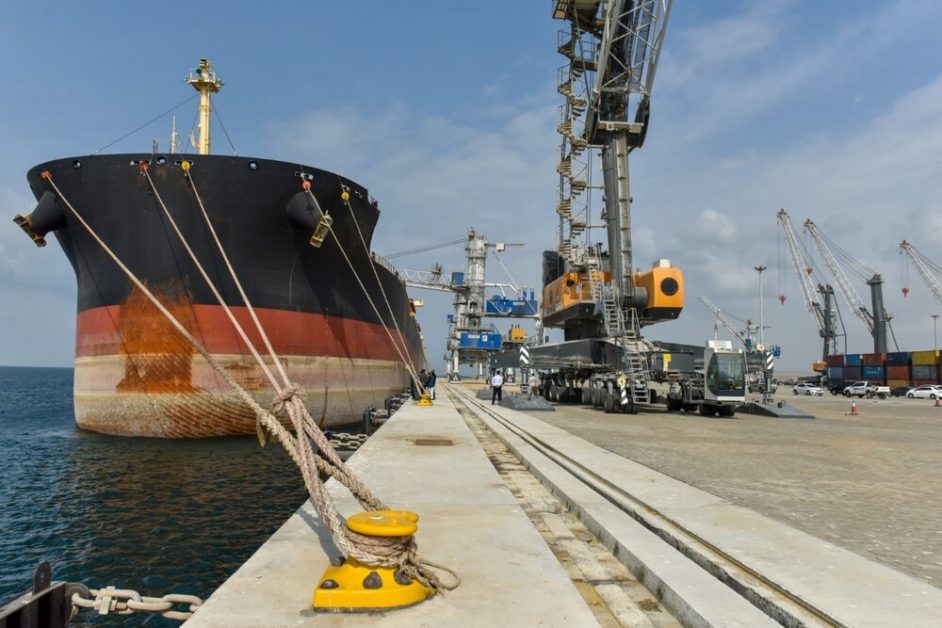Iran is a key partner in India’s extended neighbourhood and Misri’s visit coincides with the country’s entry into the Shanghai Cooperation Organisation (SCO).
Misri attended the third trilateral meeting of the founding member-states of INSTC—Iran, Russia and India—in Tehran. Senior officials from the three countries, including Iran’s transport and urban development minister Mehrdad Bazrpash, head of Iran’s Ports and Maritime Organization Ali-Akbar Safaei and senior aide to president of the Russian Federation Igor Yevgenyevich Levitin also attended the meeting.
Misri emphasised India’s determination to cooperate with Iran and Russia for completing the INSTC. “India has been a participant in various initiatives and projects regarding the north-south corridor and has always been committed to providing its resources in the best way to the implementers so that this corridor is developed in the best way possible,” he told the gathering.
Speaking at the meeting, Bazrpash underlined some of the Islamic Republic’s major principles regarding the promotion of INSTC including multilateralism, partnership, transit neighbourhood, networking, facilitation of trade, and intelligent and technological development of transit, and called for maximum collaboration for the development of exchanges through the INSTC.
Safaei highlighted the advantages of transit through Iran for the countries in the regions. “Iran’s joining the Shanghai Cooperation Organization and the Eurasian Economic Union will provide unique opportunities to the country’s trade partners, and the Islamic Republic is determined to remove all its tariff and non-tariff barriers in the shortest possible time,” he said.
The main rationale for these trilateral meetings is to promote freight transit between India, Russia and other Persian Gulf and Caspian Sea countries, Safaei added.
Lavitin called the INSTC a humanitarian corridor and asked the countries of the region to join this corridor to achieve its goals.
He underlined the definition of a single policy for trade through this corridor as the most important requirement for the development of trade in this initiative and added: “The main issue discussed in this meeting is defining the same framework and reaching a common understanding for all the business operators that are willing to use this route”.
Lavitin separately met the Iranian foreign minister to discuss Russia-Iran-Azerbaijan connectivity as part of INSTC.
Established in 2000 by Iran, Russia and India, the 7,200-km-long INSTC works as a multi-modal network of ship, rail and road routes for moving freight between India, Iran, Azerbaijan, Russia, Central Asia and Europe. INSTC has contributed in a big way in boosting India-Russia trade ties in the past one year.
Geographically, Iran’s territory, particularly the Chabahar Port, is very strategic for the INSTC in linking India to Russia.
The INSTC is also an important transport agenda that is expected to considerably boost the transit and trade of Iran and Russia with the countries of the Caspian Sea and the Persian Gulf including Oman and the UAE. There are also plans to link INSTC with Chabahar Port.
Speaking at the SCO summit Prime Minister Narendra Modi hailed Iran’s entry into the group and rooted for INSTC and Chabahar Port for Eurasian connectivity.








